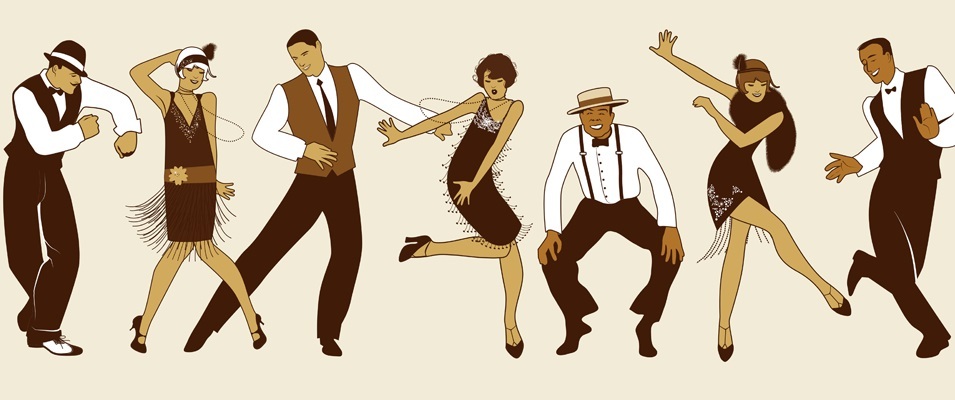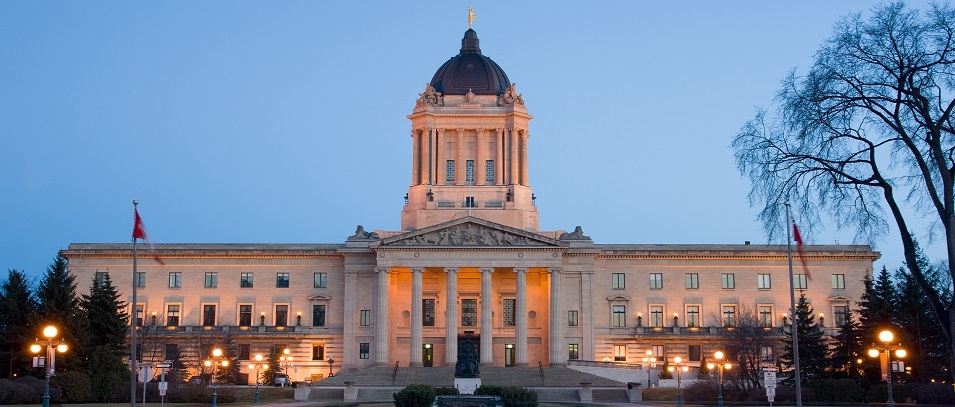
It’s been a full century since the dawn of the Roaring Twenties, a decade that went down in history as a time of dramatic social and political change along with widespread affluence the likes of which North America had never known before.
But while it’s been a hundred years since the introduction of the flapper dress and the smoky jazz bar, we might be surprised to find that, while the details have changed, we still face many of the same social and political struggles in 2020.
Consumerism Was King
The roaring twenties was a post-war period that brought on a sudden economic boom, pushing North American society towards unprecedented consumerism. From automobiles to electric appliances, factory-sewn clothing to pre-packaged food, people were driven by the promise of things that could make their lives easier so they could spend less time working and more time relaxing and having fun.
The Information Age
The 1920s also saw the dawn of an information age as the radio took centre stage in almost every household. This new medium brought news, weather forecasts, sports, and entertainment directly into the home from all across the nation and beyond, essentially people to the larger world.
Radio also allowed information to spread rapidly, freely, and with little oversight until broadcasting commissions were created and regulations put into place.
Women Fight for Equality
A distinctive wave of feminism hit the 1920s, symbolized by women in straight-cut clothing styles and shorter haircuts to closer match that of their male counterparts. Women fought to be treated as men were. They took up smoking, caroused in nightclubs, and applied for white collar positions in the workplace.
Women’s fight for equality, freedom, and independence won them the right to vote, work outside the home, and delay marriage and motherhood until later in life. But while they made great strides during the 1920s, long-held social constructs still made it difficult for the average woman to be taken seriously and they struggled to get decent jobs with decent pay.
Even after winning the vote in Canada, women, by federal law, were still not considered “persons,” and thus were not eligible to run for politics. That all changed in the late twenties when five Canadian women challenged that law. Their challenge was obstructed, all the way up to the Supreme Court, and passed only when the Judicial Committee of the Privy Council in England put the pressure on, saying, “the exclusion of women from all public offices is a relic of days more barbaric than ours.”1
Prohibition and Border Crossings
The long prohibition on cannabis might be likened to the 1920s’ prohibition on alcohol, although the latter lasted only 13 years in the United States, from 1920 to 1933.
While the Canadian federal government, too, created a war measures ban on the manufacture and sale of alcohol from 1918 to 1920, the federal prohibition was quickly repealed here. This caused much concern for U.S. officials attempting to stop the smuggling of alcohol across the border.
Canadians at the Forefront of Invention
Just like today, some brilliant Canadian minds were making new discoveries in the Roaring Twenties.
Insulin was discovered by four doctors at the University of Toronto. Later, three doctors from the Hospital for Sick Children in Toronto developed a precooked nutritious cereal for babies. They called it Pablum.
At 27 years of age, Edward Samuel Rogers invented the first battery-free, plug-in radio.
A Generation Rich in Slang
Like most eras, the 1920s was rich in slang created by the younger generation and used as a sort of enigmatic code. Many of these rebellious young adults became known as flappers and fly boys.
To this generation, the theatre was dubbed the “petting pantry,” and asking the question “Cash or check?” actually meant “Can I kiss you now or do I have to wait till later?”
If you really “knew your onions,” you’d be able to determine if something was the “bees knees” or a total “flat tire.”
An obnoxious person was an “egg,” but a real creep would be considered a “double-yolker.”
“Giggle water” is what you’d find at the local taverns and clubs. Too much of this drink could have you ending up ossified, spifflicated, or just plain zozzled.
If your dance partner excused herself to “iron her shoelaces,” she’d be visiting the ladies’ room. If she never returned, she might have just given you the “icy mitt.” But if you and your friends decided to leave the party early, you’d likely hear one of them say, “Let’s blouse this joint!”
You wouldn’t be quick to blouse the joint, though, if the dance floor was full of hotsy-totsies!



















